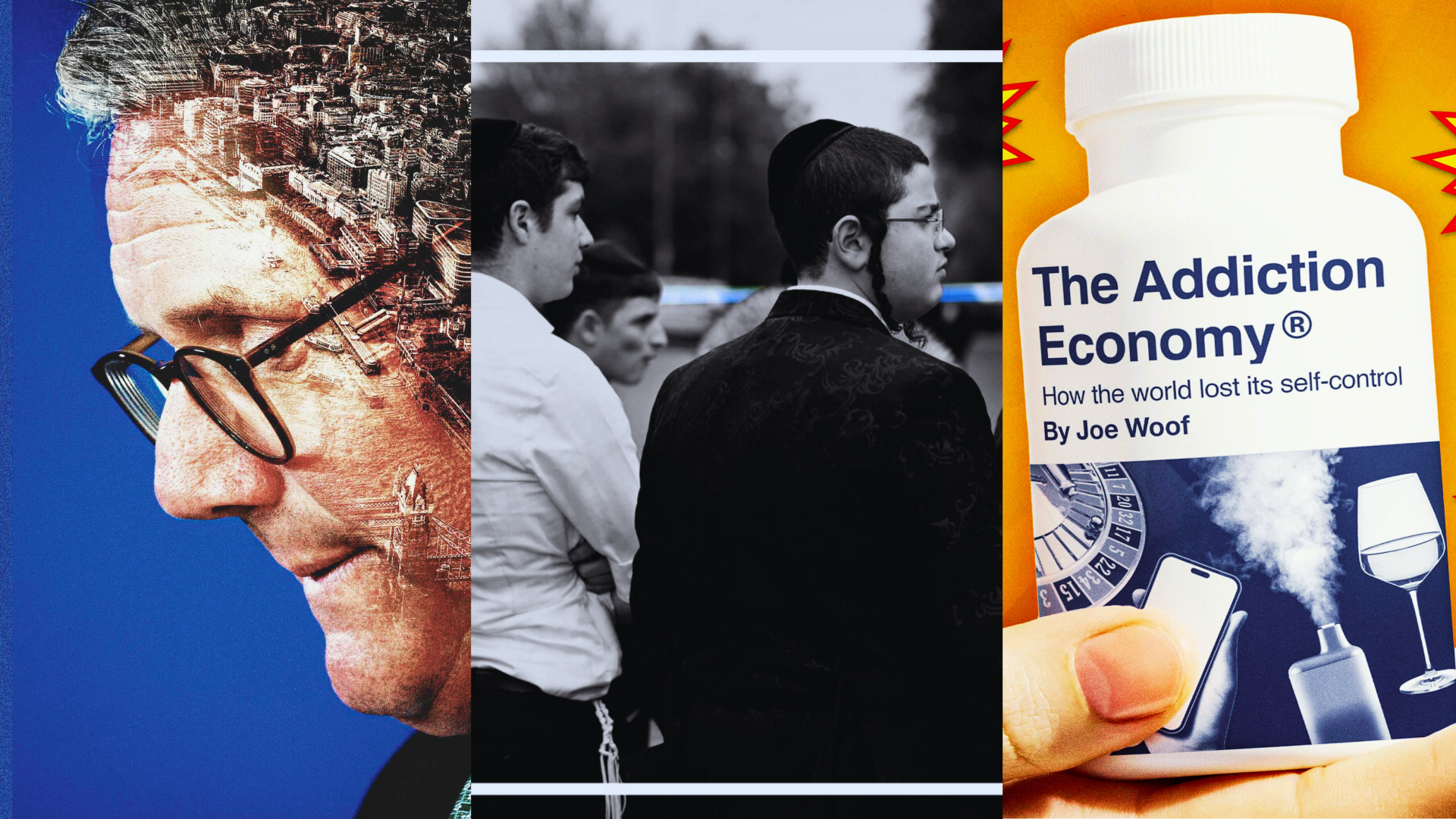Philosophy can be a very negative subject. Philosophers delight in testing ideas to destruction. We want to know if any thought can survive criticism; we aren’t interested just in what people believe, but question whether they have good evidence, whether their arguments are consistent, whether they are making reasoning errors in the way they arrive at their conclusions (even if those conclusions are true).
What this means in practice is that if you make a generalisation in front of someone with philosophical training or tendencies, you are likely to be met with a counterexample, or sceptical questions about the basis of your comment, or an observation about your inconsistent beliefs.
Unlike gurus, good philosophers get worried when they acquire uncritical followers. What they want around them are people who challenge them to think, and who don’t just echo or praise them. Honest disagreement is a form of respect in philosophical circles, and this kind of disagreement can only thrive where there is extensive freedom of expression.
We’ve had over 2,500 years of philosophical thought in this western tradition, but has all this intense pondering and critical discussion got us any closer to answering Socrates’s question “How should we live?” Perhaps.
Something that philosophers have demonstrated repeatedly is that there are no easy answers. That’s a kind of progress. Moral philosophy has provided people with the tools and content for thinking for themselves about the most important questions in their lives. But all this intelligent disagreement, full of insights as it is, has yet to uncover an equivalent to the theory of evolution. There is so far no philosophical consensus about how we should live.
There are many theories of course, but philosophers have found fault with them all. Christian ethics, to take one, while appealing in its respect for human dignity, and the need to love one another, suffers from the problem that the arguments and evidence for the existence of a benevolent, omnipotent, omniscient God underpinning it are mostly flimsy or question-begging.
Utilitarianism, influenced by Jeremy Bentham and John Stuart Mill, promises a secular alternative, based on maximising happiness for the greatest number, but ends up turning people into impersonal calculating machines. Its moral conclusions are often counterintuitive too: in some modern versions the interests of the many billions of hypothetical future people are deemed to outweigh those of people alive today.
Followers of a duty-based ethics, such as Immanuel Kant’s, tell us not to treat other people as means to an end. That’s wise advice, though hard to pull off.
Yet the claim that rationality demands this is hard to defend. The Kantian idea that some actions such as torture are absolutely wrong, is the basis of our notion of human rights. I want it to be true. But is there an adequate philosophical justification for this?
Virtue ethics, derived from Aristotle’s writings, gives an account of human flourishing or eudaimonia, but proponents disagree about which character traits are virtues and how you cultivate them. On my sceptical reading they usually champion their own prejudices – a fault of moral philosophers in general that Friedrich Nietzsche diagnosed well in a brilliant passage in Beyond Good and Evil.
Suggested Reading


Dr Bot will see you now
Latter-day stoics, influenced by Epictetus and Seneca, encourage us to focus on what we can change, and channel our energy away from useless emotions about events beyond our control. They end up dismissing most grief and anger as a waste of time – that alone should make us think twice about this approach.
Existentialists, the philosophical heirs of the stoics, vastly overestimate the areas within which we can make genuinely free choices. And so on.
Defenders of each theory have sophisticated responses to the many criticisms that can be made of them, some better than others. Less critical thinkers will adopt a moral stance and close their ears to the problems inherent in it. In the meantime, though, we all have to get on with our lives in a fast-changing world. What then is the point of moral philosophy?
My response is this. Intelligent engagement with moral philosophy is valuable not just for its many profound insights, but precisely because it shows there is no obviously correct approach that we can lift from the shelf. It’s a reminder that if we are serious about living an examined life, we should recognise that even on the issues closest to our heart, we may be inconsistent, over-confident, and confused.
We need to keep thinking for ourselves, not sink into a prejudiced slumber.




